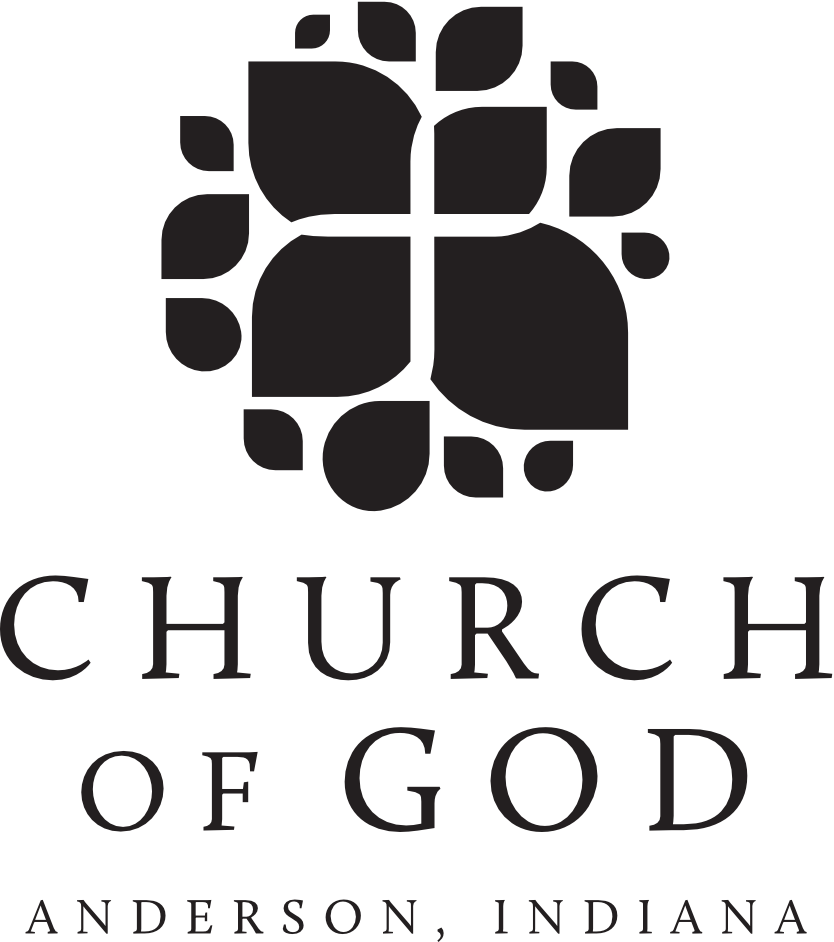
Academy of Servant Leaders
Overview of the Academy of Servant Leaders (ASL) The initial design of the Academy of Servant Leaders will target three groups of leaders with three leadership development tracks.
- Track 1 will focus on Pastors and Key Board Leaders, Elders, and Trustees in our congregations.
- Track 2 will focus on Ministerial Candidates who are pursuing vocational credentialing within the Church of God.
- Track 3 will focus on people, including youth, who sense that God may be calling them into vocational ministry as a pastor, minister, or chaplain.
The design for each track will focus on affordable, one-half-day sessions on a Saturday, combining both in-person and online formats. The in-person sessions will be in May and September. The online sessions will be in January. The in-person sessions will make it possible for most people across the state to attend without having overnight stay. The tracks will be on a rotation that will run slightly over two years and repeat. New leaders will be able to join at any time and complete the rotation to receive all the training. Resources will be shared, recommended, and utilized in workshop format throughout the tracks. The emphasis will be on sharing quality information and practical team-based workshops, facilitated by proven leaders.



